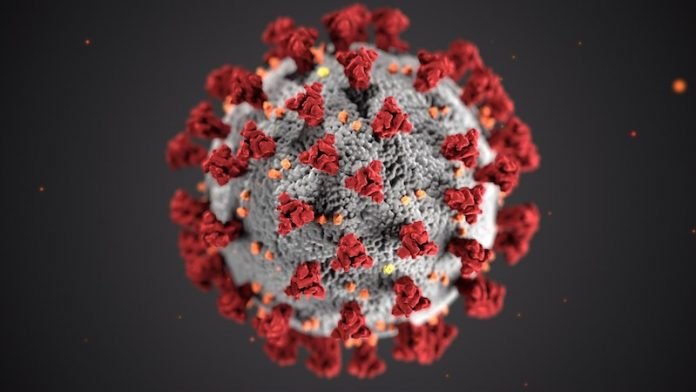
In a new study from Osaka University, researchers discovered for the first time that both neutralizing antibodies that protect against infection as well as infection-enhancing antibodies that increase COVID-19 infectivity.
Antibodies against the receptor-binding site (RBD) of the SARS-CoV-2 spike protein play an important function.
These neutralizing antibodies suppress SARS-CoV-2 infection by inhibiting its binding to the human receptor, ACE2.
In the study, the team found that when infection-enhancing antibodies bind to a specific site on the spike protein of SARS-CoV-2, the antibodies directly cause a conformational change in the spike protein, resulting in the increased infectivity of SARS-CoV-2.
Neutralizing antibodies recognize the RBD, whereas infection-enhancing antibodies recognize specific sites.
Furthermore, the production of infection-enhancing antibodies attenuated the ability to neutralize antibodies to prevent infection.
In the study, higher production of infection-enhancing antibodies was found in patients with severe COVID-19. It was also found that non-infected individuals may have small amounts of infection-enhancing antibodies.
The team says the production of infection-enhancing antibodies may be involved in the development of severe disease.
Further analysis is required to ascertain whether they are actually involved in the exacerbation of infection in the body.
By analyzing the antibody titer of infection-enhancing antibodies, it may be possible to check for people who are prone to severe disease.
The results of this research are also important for the development of vaccines that do not induce the production of infection-enhancing antibodies.
If you care about COVID-19, please read studies about the cause of COVID-19 lung damage and findings of these drugs may reduce death risk and time in ICU in people with severe COVID-19.
For more information about COVID-19 prevention and treatment, please see recent studies about your immune system mounts a lasting defense after recovery from COVID-19 and results showing that this common drug may reduce death risk in severe COVID-19.
The study is published in Cell. One author of the study is Professor Hisashi Arase.
Copyright © 2021 Knowridge Science Report. All rights reserved.



